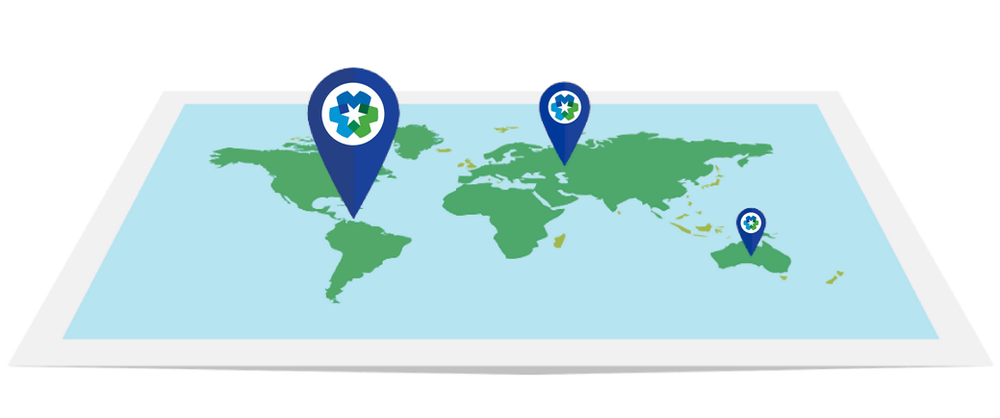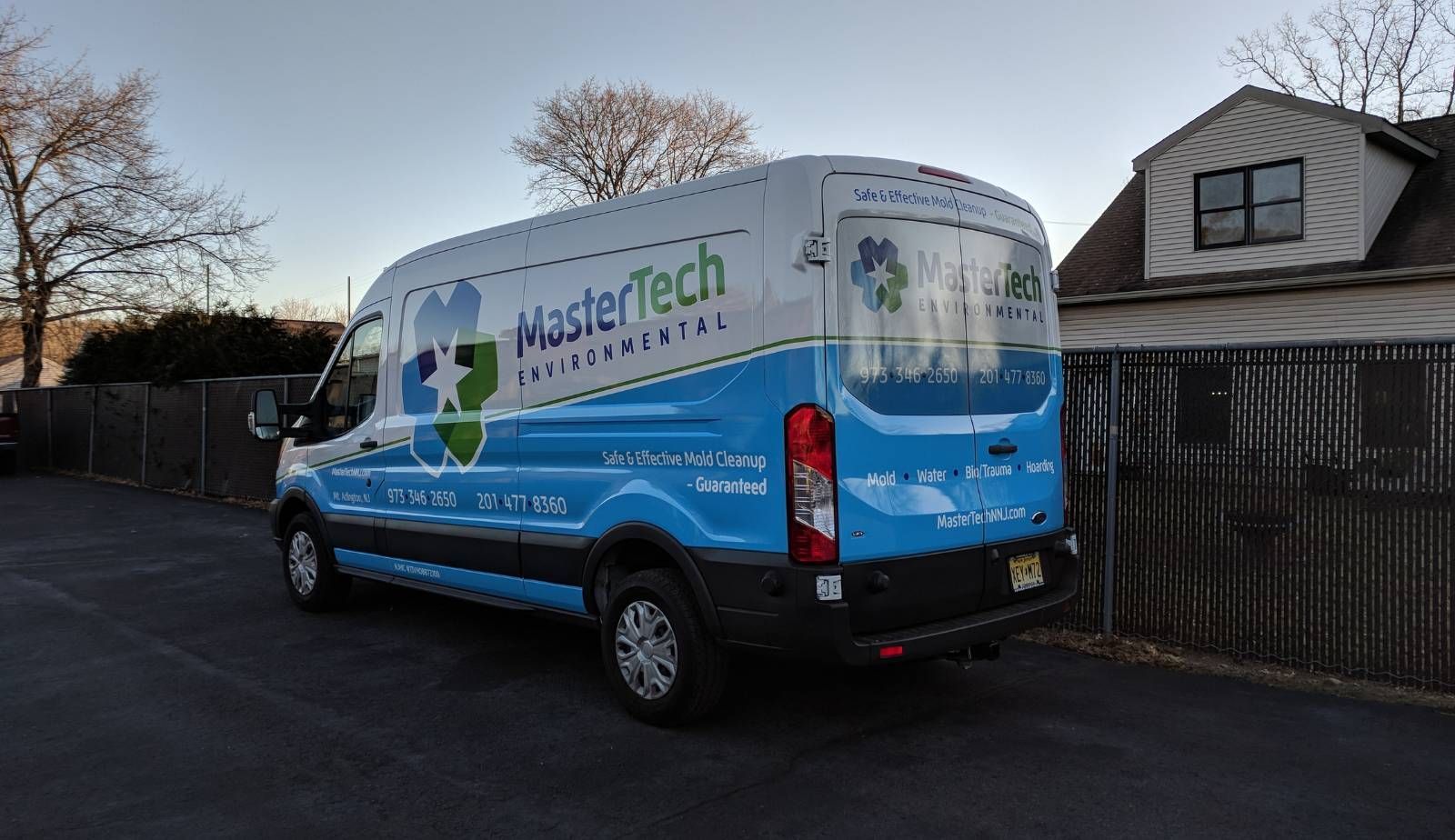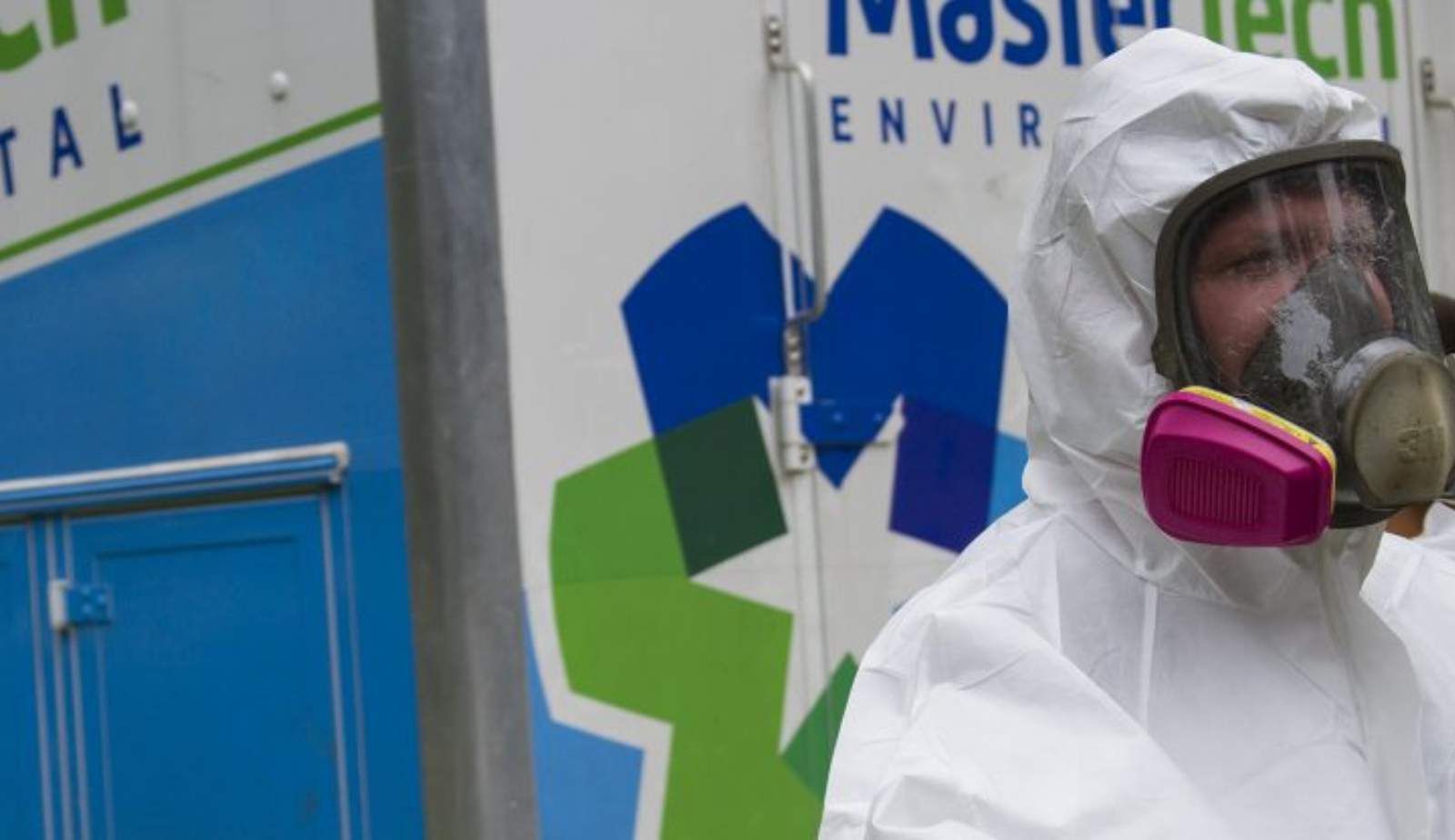
Purchasing a mold and bio remediation franchise is a significant investment. One of the most critical considerations that potential franchisees must make is which operational territory to acquire. A franchisee's operating territory is determined by specified geographic boundaries within which he or she is allowed to operate. It's crucial to pick the correct franchise region since it may influence long-term profitability, success, and growth.
Things To Consider While Establishing Your Franchise’s Operating Territory
While operating territory isn't the only aspect to consider, it is one of the most essential. When deciding on your franchise's operating region, you should be strategic and consider the following considerations.
Access to Protected Operating Territories: Exclusive operating rights for an area are especially important in service franchises like mold remediation. The Franchisor's protected territories guarantee that each franchisee has a clearly defined area of operation in which they may promote and operate under the franchise brand without having to compete with other franchisees. If you're thinking about buying a franchise, look for one that has clearly defined areas and prevents other franchisees from operating or promoting in your territory.
Size of Franchise Operating Territory: When selecting a territory, it is critical to be strategic. It is not always necessary to have a huge territory to be successful. It may not be practical to begin with a large territory. You may find yourself spreading your resources too thin and unable to satisfy the needs of a vast service area. On the other side, a region that is too small might limit income potential and limit future expansion. The trick is to figure out what will work best for your startup's resources while still meeting your long-term company objectives. Bigger territories provide a larger market into which you can expand. Smaller territories allow franchisees to zero in on a certain customer demographic and go deeper into the market to obtain leads. Depending on the particular franchisee's business goals and objectives, any territory size can be successful.
Franchise Growth Potential: Long-term company goals must be set by business owners. Can your territory develop and extend if you fulfill your company goals and continue to develop and develop? Is your franchise structure flexible enough to allow you to develop and develop your region as needed? It's critical to think about your long-term company goals while choosing a franchise region. While it's crucial not to stretch your resources too thin by taking on too vast a territory initially, you should think about a territory that can sustain development and development as needed.
Mold Remediation Industry Knowledge: Do your homework and discover as much as you can about the mold and biohazard remediation business in your potential territory. The service area's size isn't the only factor to consider. What type of people populate the region? Is it mostly urban, suburban, or rural in nature? What types of homes are the most popular in the area? What kind of climate-related maintenance difficulties are prevalent in your chosen territory? All of these factors must be considered before deciding on a territory.
You should also have a look at the competition in the region. Knowing who your competitors are can help you assess how your service offerings will be regarded in relation to theirs. It's critical to evaluate the quality of services supplied by local rivals and determine how, as a franchisee, you can give a better and more valued service.
Mastertech's Expert Operating Territory Selection
Mastertech created its franchising structure in order to expand our ability to deliver high-quality mold and bio cleanup services to additional households, business owners, and other property owners. Quality, not quantity, is our first focus. Of course, as a franchisor, we aspire for development and success; nevertheless, number does not always imply quality. Each new franchisee will work with the Mastertech team to meticulously carve out the most strategic and practical operating territory possible. Our objective is to invest in each franchisee's training and assistance so that they may continue to develop and succeed. This entails safeguarding each franchisee's region so that they may concentrate on growing their business rather than competing with other Mastertech franchisees. We think that the individual growth and success of each franchisee is just as vital as corporate success.
Do you think a Mastertech franchise would be a good fit for you? To speak with a member of our franchising team and learn more about our available franchise territories, call 1-800-559-5338 now.
Get in Touch
Contact Us
Don't be a stranger!
30 Broad St, Unit 7
Denville, New Jersey 07834



